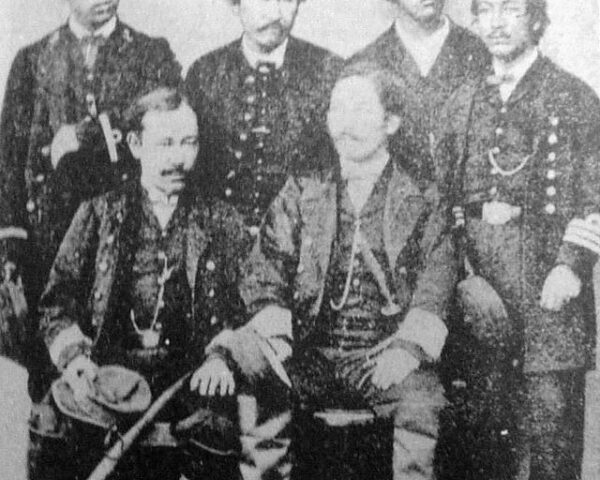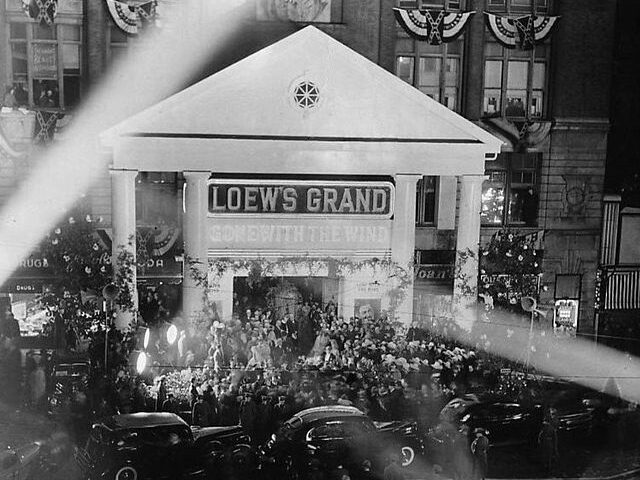In the early 1990s, Jeff Bezos, a Wall Street executive with a keen eye for emerging trends, found himself captivated by the exponential growth of internet usage. During a fateful cross-country drive from New York City to Seattle, Bezos’s mind buzzed with possibilities. He envisioned an online marketplace that could revolutionize the way people shopped. This idea took hold of his imagination, and by the time he reached his destination, the seeds of what would become Amazon were firmly planted.
On July 5, 1994, in a modest garage in Bellevue, Washington, Bezos officially launched Amazon.com. The choice to start with books was strategic. Books were relatively easy to source, didn’t spoil, and had a vast and varied inventory that traditional brick-and-mortar stores struggled to stock comprehensively. Bezos saw the potential to offer a limitless selection online, tapping into a global market of readers hungry for access to a wider range of titles.
The early days of Amazon were marked by relentless innovation and a willingness to embrace calculated risks. Bezos, who initially operated the company with a handful of employees, was involved in every aspect of the business, from packing orders to customer service. The company’s initial public offering in 1997 was a milestone that validated Bezos’s vision, attracting investors who shared his belief in the transformative power of e-commerce.
Amazon’s success was not immediate. The company operated at a loss for several years as it reinvested its revenue into expanding its infrastructure and customer base. Bezos’s unwavering commitment to a long-term strategy set Amazon apart from other dot-com startups of the era, many of which collapsed during the dot-com bust. Bezos’s mantra, “Get Big Fast,” drove Amazon’s aggressive expansion into new product categories, including electronics, apparel, and home goods.
In parallel, Amazon Web Services (AWS) was launched in 2006, capitalizing on the company’s technological prowess to offer cloud computing services. AWS became a cornerstone of Amazon’s profitability, providing the financial stability to support further growth and innovation.
The story of Amazon is also one of constant reinvention. The company’s acquisition of Whole Foods Market in 2017 signaled its foray into physical retail, blending its digital expertise with brick-and-mortar operations. Innovations such as Amazon Prime, Kindle e-readers, and Alexa-powered smart devices have continually expanded the company’s influence and reach.
Amazon’s rise to prominence has not been without controversy. Critics have raised concerns about its impact on small businesses, labor practices, and market dominance. Despite these challenges, Amazon’s commitment to customer-centric innovation has remained its defining characteristic. Bezos’s philosophy of putting the customer first, even at the expense of short-term profits, has created a culture of relentless improvement and adaptation.
As Amazon celebrates its 30th anniversary in 2024, its legacy as a pioneer of e-commerce and a driver of technological innovation is firmly established. The journey from a small online bookstore to a global juggernaut is a testament to the power of visionary thinking and the relentless pursuit of innovation. Bezos’s founding principles continue to guide Amazon, ensuring that it remains at the forefront of the ever-evolving digital landscape.
In reflecting on Amazon’s origins, one is reminded of the transformative power of bold ideas and the tenacity required to bring them to fruition. Jeff Bezos’s journey from a garage in Bellevue to the helm of one of the most influential companies in the world serves as an enduring inspiration for entrepreneurs and innovators everywhere.






